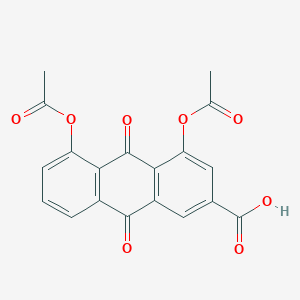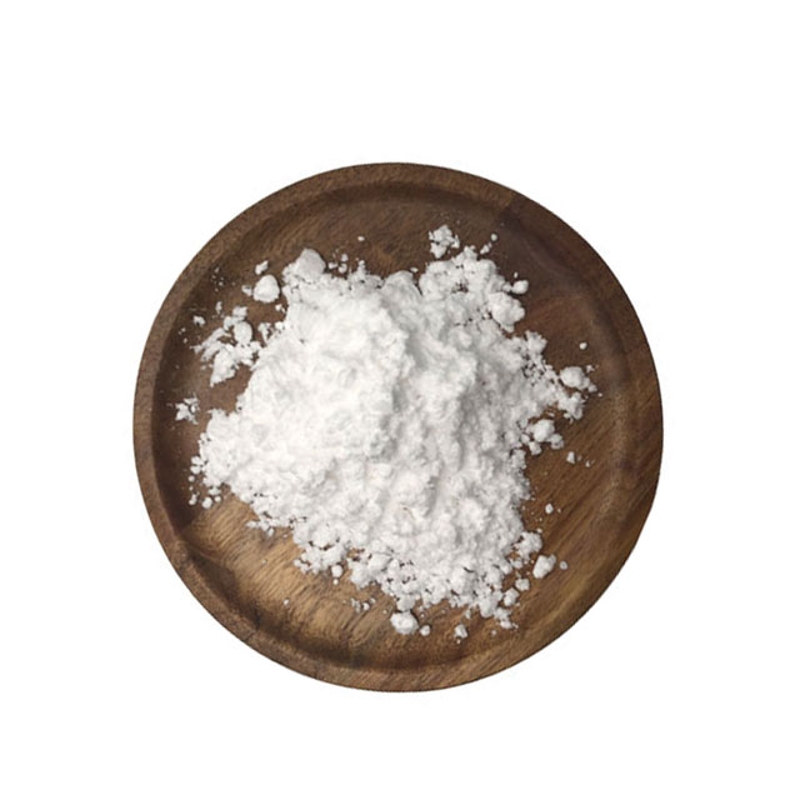-
Categories
-
Pharmaceutical Intermediates
-
Active Pharmaceutical Ingredients
-
Food Additives
- Industrial Coatings
- Agrochemicals
- Dyes and Pigments
- Surfactant
- Flavors and Fragrances
- Chemical Reagents
- Catalyst and Auxiliary
- Natural Products
- Inorganic Chemistry
-
Organic Chemistry
-
Biochemical Engineering
- Analytical Chemistry
- Cosmetic Ingredient
-
Pharmaceutical Intermediates
Promotion
ECHEMI Mall
Wholesale
Weekly Price
Exhibition
News
-
Trade Service
9, 2021 // -- In a recent study published in the international journal International Journal of Molecular Sciences, scientists from the University of Westminster and others found that removing microRNAs from triple-negative breast cancer cells may reverse the spread of breast cancer cells.
, the researchers note that identified microRNAs may serve as new targets to help develop early diagnosis and treatment strategies for triple-negative breast cancer.
microRNAs (miRs), a small genetic material that plays an important role in cell signal transductivity, also has an impact on how cancer progresses and spreads (metastasis), and researchers say levels of microRNA-miR21, a major cancer-related cancer, rise in triple-negative breast cancer and are directly related to cancer metastasis. In the
article, researchers used gene shear CRISPR/Cas9 to remove miR-21 from cancer cells, and found that the metastasis of cancer cells was effectively reversed, and that these gene-edited cells also released fewer extracellular vesicles, a small lipid cluster structure released by cells that plays a key role in the spread of cancer.
Photo Source: CC0 Public Domain researchers have found that a small amount of harmful miR-21 is carried into the follicles of gene-editing cells, which may play a key role in the spread of cancer, and that these follicles also carry important disease-related molecules into neighboring cells.
researcher Pinar Uysal-Onganer said: 'This is an important study that may help us gain a deeper understanding of the key role miRs play in malignant cancer types such as triple negative breast cancer;
, breast cancer is the most common type of cancer among women in the UK, with one woman diagnosed every 10 minutes, according to available statistics.
three-negative breast cancer is one of the most invasive breast cancers, and patients tend to have poor prognostication, mainly because of the lack of targeted therapies to treat this type of cancer (compared to other types of breast cancer).
studies have shown that triple-negative breast cancer is more likely to spread to tissues other than breasts and more likely to relapse after treatment.
about 10 to 20 percent of all breast cancers are triple-negative breast cancers, so researchers need to dig deeper to find better treatments to help improve the treatment and prognosis of patients with these types of cancer.
original source: Elif Damla Arisan, Ozge Rencuzogullari, Clara Cieza-Borrella, et al. MiR-21 is Required for the Epithelial–Mesenchymal Transition in MDA-MB-231 Breast Cancer Cells, International Journal of Molecular Sciences (2021). DOI: 10.3390/ijms22041557







